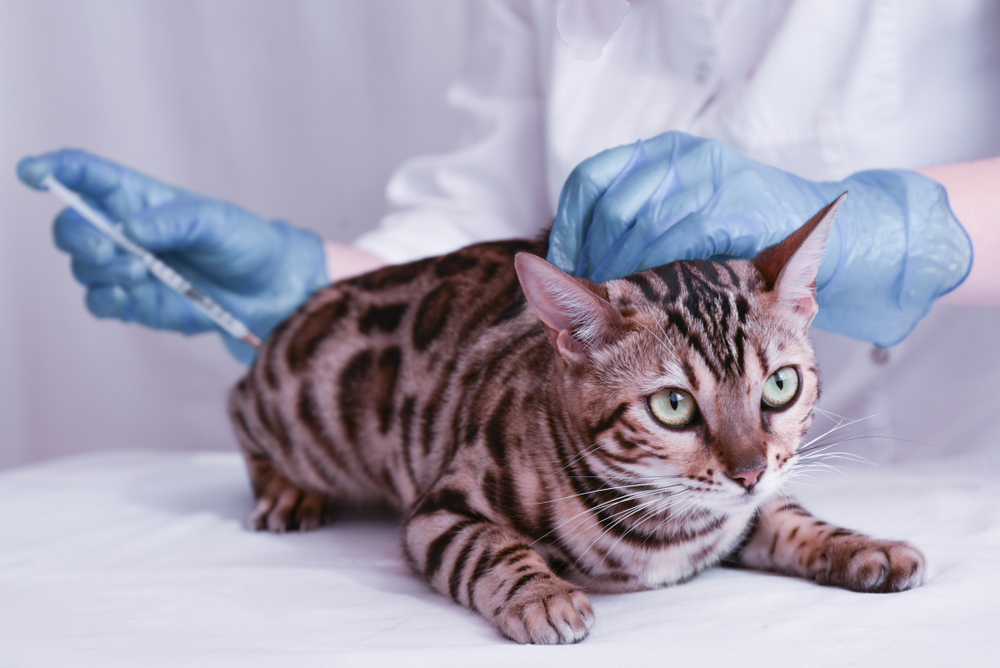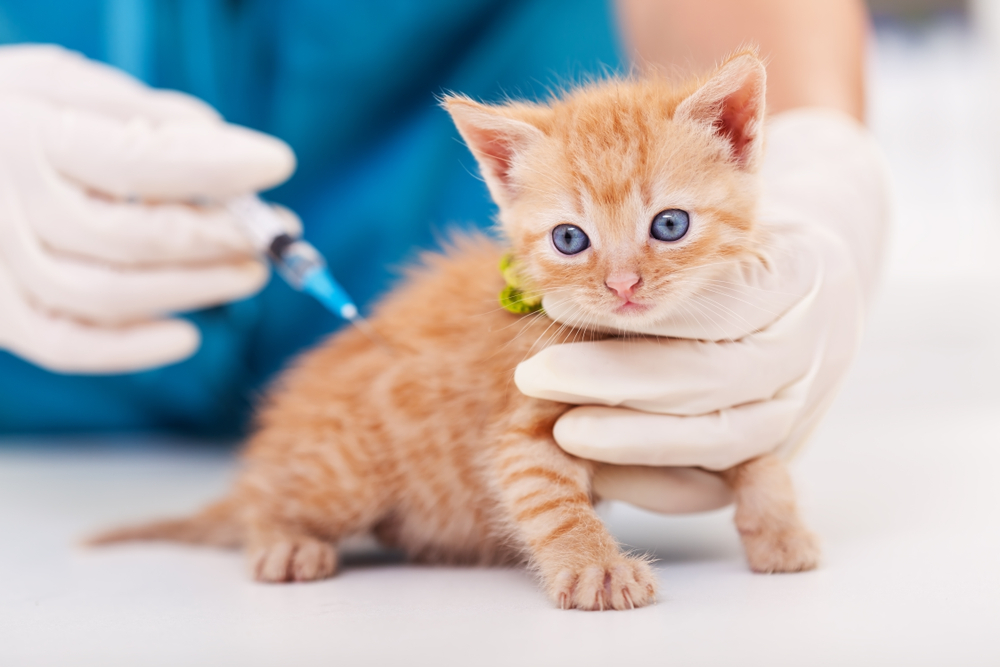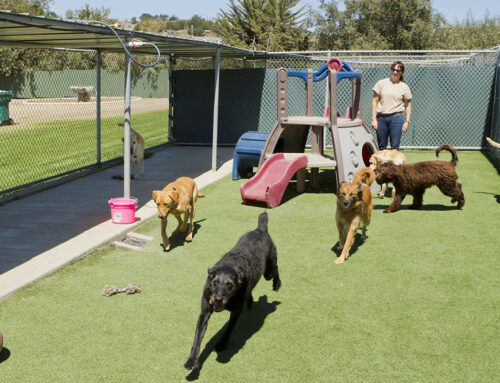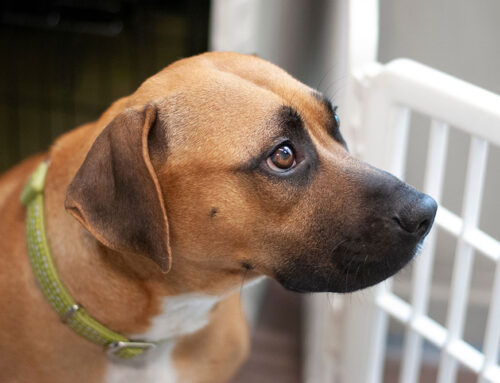Bringing an adorable kitten into your home is an exciting and joyful experience. Along with the laughter and love your furry friend brings, they also need vaccines and veterinary care to start them off on the right paw. Vaccines are crucial in protecting kittens from various infectious diseases, some of which can be life-threatening. Our Memorial Villages Animal Hospital team guides you through kittens’ required first-year vaccines, their importance, and when these shots are needed.
Why kitten vaccinations are necessary
Vaccinations help build your kitten’s immune system by stimulating it to recognize and fight specific pathogens. A vaccination provides your kitten with a small, harmless dose of the virus or bacteria, prompting their immune system to respond. This response prepares your kitten’s body to recognize and combat the disease if they encounter the virus or bacteria in the future. Vaccinations are essential for preventing contagious illnesses and helping to ensure a long, healthy life for your whiskered friend.
Core vaccines for kittens
Core vaccines are considered necessary for all kittens, regardless of their lifestyle, including indoor-only felines. These vaccines protect against widespread diseases that have severe, sometimes life-threatening, impacts. Core vaccines for kittens include:
- Feline panleukopenia (FPV) — Also known as feline distemper, this highly contagious and often fatal viral disease affects the gastrointestinal (GI) tract, bone marrow, and lymph nodes. Signs include vomiting, diarrhea, fever, and appetite loss. Vaccination is crucial as the virus is highly resilient and can survive for long periods in the environment, including soil, feces, and pet items.
- Feline herpesvirus (FHV-1) — Herpesvirus causes feline viral rhinotracheitis (FVR), a severe upper respiratory infection that results in sneezing, nasal discharge, conjunctivitis, and eye ulcers. FHV-1 is highly contagious and can lead to chronic respiratory issues throughout an infected cat’s life.
- Feline calicivirus (FCV) — Another upper respiratory infection cause, FCV can lead to oral ulcers, eye discharge, pneumonia, and chronic gingivitis in susceptible cats. This common cat virus is highly contagious and can be severe, especially in young kittens. Transmission occurs when an infected cat sheds the virus through discharges from the eyes, nose, and mouth. The FCV vaccine is recommended for all kittens and cats, regardless of their lifestyle.
- Rabies — Rabies is a fatal viral disease affecting a mammal’s nervous system, including people and pets. Infected animals transmit rabies through their saliva, often through bites. Vaccination against rabies is a legal requirement in most states, including Texas, and crucial to your kitten’s health. Rabies is almost always fatal, so vaccination is the best method of safeguarding your kitten and all others in the home.
Noncore kitten vaccines
Noncore vaccines are recommended based on your kitten’s lifestyle, environment, and exposure risk to specific diseases. Our Memorial Villages Animal Hospital veterinarian can help determine which vaccines are appropriate for your kitten. Noncore vaccines include:
- Feline leukemia virus (FeLV) — This viral infection can lead to immunosuppression, anemia, and lymphoma. Kittens and young cats are most susceptible, especially those in multicat households or those who go outdoors. In some cases, the FeLV vaccine is encouraged for kittens younger than 12 months old, particularly if they will be exposed to household or outdoor cats.
- Bordetella bronchiseptica — This bacterium causes upper respiratory infections and is mainly found in multicat environments such as shelters or catteries. Bordetella signs include coughing, sneezing, and nasal discharge.
- Chlamydia felis — Chlamydia felis causes conjunctivitis, which initially manifests as watery eyes and then progresses to thick green or yellow pus that runs from the eyes. Chlamydia felis also results in respiratory issues. Our team may recommend this vaccination for kittens in multicat environments where the disease is more likely to spread.
Your kitten’s vaccination schedule

Along with your furry friend’s initial vaccines, your cat will require boosters at various intervals. A typical vaccination schedule for kittens is as follows:
- 6 to 8 weeks of age — First feline viral rhinotracheitis, calicivirus, and panleukopenia (FVRCP) dose
- 10 to 12 weeks of age — Second FVRCP dose and first FeLV dose if we recommend it
- 14 to 16 weeks of age — Third FVRCP dose and second FeLV dose if we recommend it, plus the rabies vaccine
- 12 months of age — FVRCP, FeLV, and rabies boosters
After your kitten’s initial vaccine series, most vaccines require booster shots every one to three years. Booster vaccine scheduling depends on the specific vaccine and our veterinarian’s recommendations.
Having your kitten vaccinated is fundamental to their health and longevity. By following our recommended vaccination schedule and working closely with our veterinarian, you can help ensure your kitten grows into a healthy, vibrant adult cat. Schedule a wellness appointment with our Memorial Villages Animal Hospital team. We look forward to meeting your new kitten!









Leave A Comment